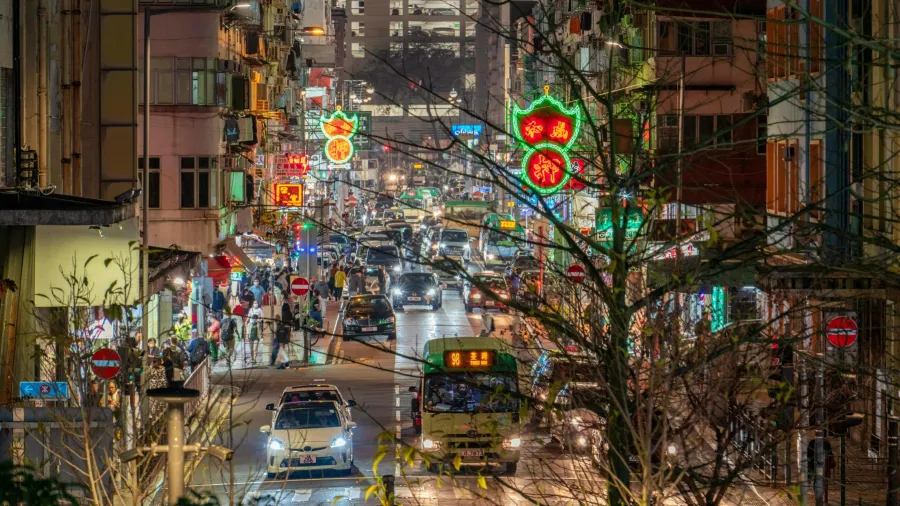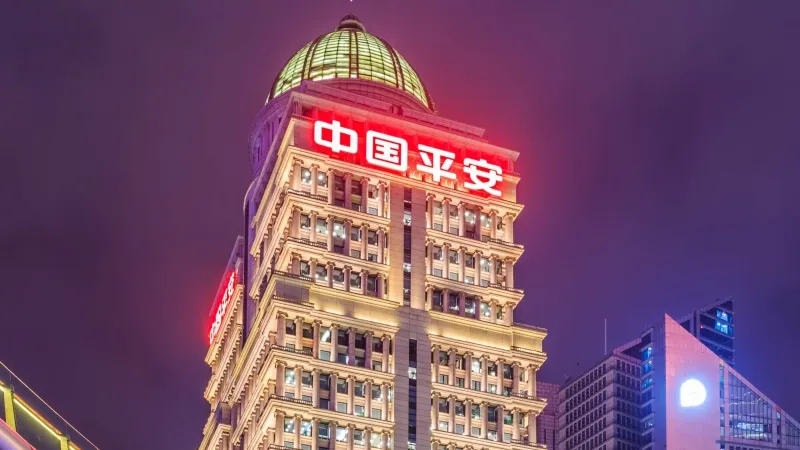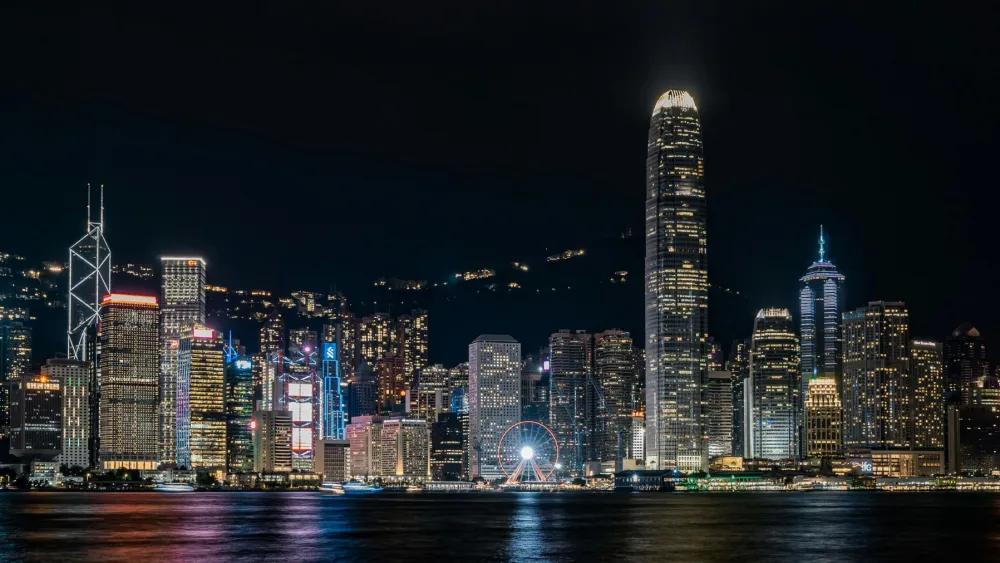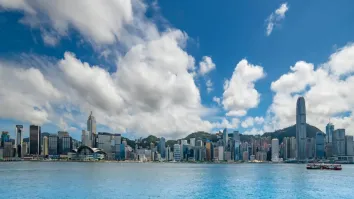
Hong Kong, China told to ban ‘zero-dollar’ tours
Retailers should improve customer service and create unique experiences to stay in the game.
Hong Kong should outlaw so-called zero-dollar tours — notorious for price-gouging, forced shopping, and boring tours — if it wants to regain its iconic status as Asia’s shopping paradise, analysts said.
“The solution lies in self-regulation within the tourism industry, as well as legislation from both the source market (Mainland China) and the destination (Hong Kong), to penalise illicit or outlawed business practices," Yong Chen, an associate professor at EHL Hospitality Business School, told Hong Kong Business.
The tours, which carry a ridiculously low price tag and force tourists to buy stuff at partner retail stores that provide commissions to tour operators, is a disservice to foreigners visiting Hong Kong, he pointed out. “Tourists are the victims, and there is plenty of evidence suggesting this.”
In 2015, a Chinese tourist died in Hong Kong after being attacked during a "forced shopping" tour. Just recently, the Hong Kong government revoked the license of a local tour guide for threatening mainland Chinese visitors for refusing to shop.
Mario Braz de Matos, CEO at Singapore-based branding consulting firm Flying Fish Lab, said Chinese tourists accounted for almost 90% of Hong Kong’s retail spending in 2023.
However, the zero-dollar tour model has taken a heavy toll on mid-range and mass-market retailers because it channels tourists to partner stores, often bypassing local businesses, he said in an interview.
Braz de Matos noted that whilst luxury brands used to benefit from the influx of tourists, the availability of high-end goods in Mainland China and other regional markets has intensified competition.
Chen said zero-dollar tours have created a “shadow economy” that bypasses Hong Kong’s formal retail sector. “Tourists joining zero-dollar tours are insulated from the formal retailing sector of Hong Kong.”
"In fact, almost all tourist spending is channelled by tour guides and travel agencies to those businesses that are either under the direct control of travel agencies or have some sort of indirect relationship with them,” he said.
As a result, small businesses, including local restaurants, mid-scale hotels, and local retailers suffer the most, Chen said. This is because the spending of tourists on zero-dollar tours are controlled by travel agencies that funnel them to specific stores that usually offer lower-quality goods.
But these cheap package tours are slowly being eclipsed as more mainland Chinese tourists opt for independent travel. “There is an increasing proportion of mainland Chinese taking independent tours in Hong Kong instead of purchasing package tours,” he added.
Hong Kong’s inbound tourism increased 64% year on year to 21.15 million visitors in the first half, averaging 116,000 daily visitors, according to data from Colliers International (Hong Kong) Ltd. Of the total, 16.5 million came from Mainland China.
In-store experience
However, mainland tourists are spending significantly less amidst high joblessness and stagnant wages in China, according to Simon Smith, regional head of research for the Asia-Pacific region at Savills Hong Kong. “It’s a very tough time for Hong Kong at the moment,” he told the Hong Kong Business.
Hong Kong residents are also turning to neighbouring cities like Shenzhen for cheaper shopping and dining options, he added.
Braz de Matos said Hong Kong, once celebrated as Asia’s shopping paradise, has lost its iconic status. The city faces rising competition amidst changing consumer behavior, leaving many retailers struggling.
Hong Kong’s retail sales declined for an eighth straight month in October, falling by 2.9% to $32.9b in October from a year earlier, according to the Census and Statistics Department. To date, sales have fallen 7.1%.
Retailers should improve customer service and create a unique in-store experience to stay in the game, Braz de Matos said. Turning shops into lifestyle destinations with cafés, interactive installations, and even co-working spaces could help them attract and retain customers.
“When it comes to high-end luxury, we’ve also seen consumers transition towards a focus on experiences, which are now more valued in a post-COVID context, from the conventional goods that underpinned the whole industry for the last decades,” he added.
Chen said independent tourism should be encouraged. “Allowing tourists to make choices for their own will also encourage firms at the destination to provide the highest quality and the best experience to tourists, because only those firms that can attract tourists will survive and thrive.”


















 Advertise
Advertise








